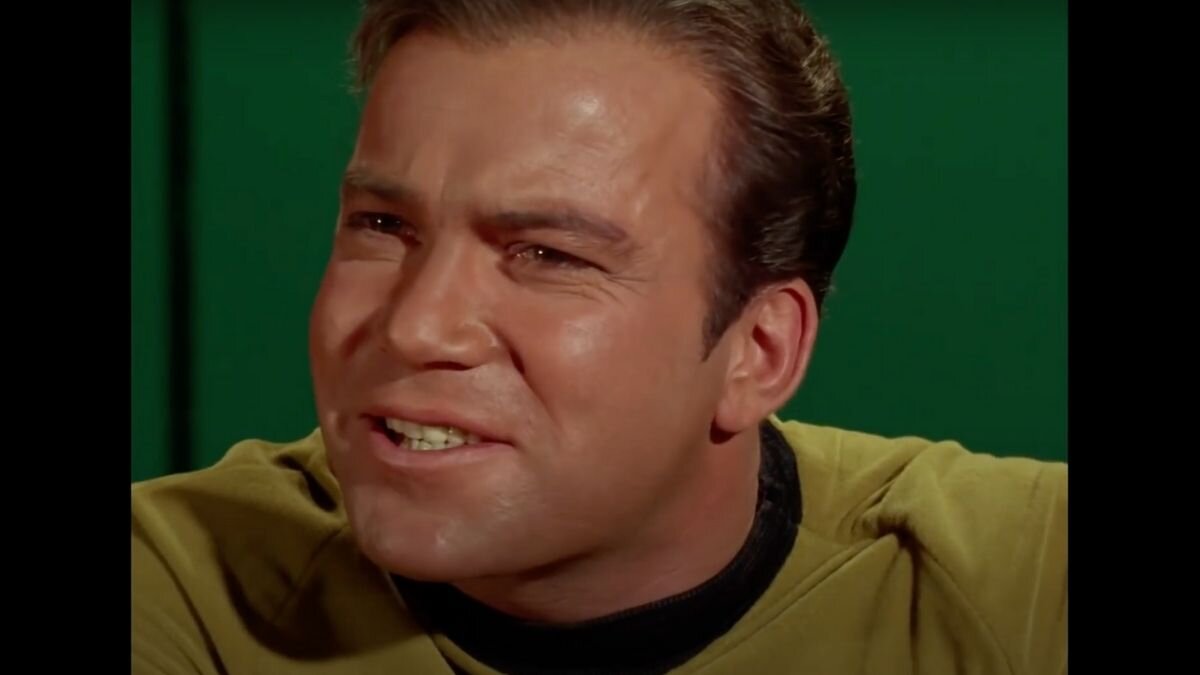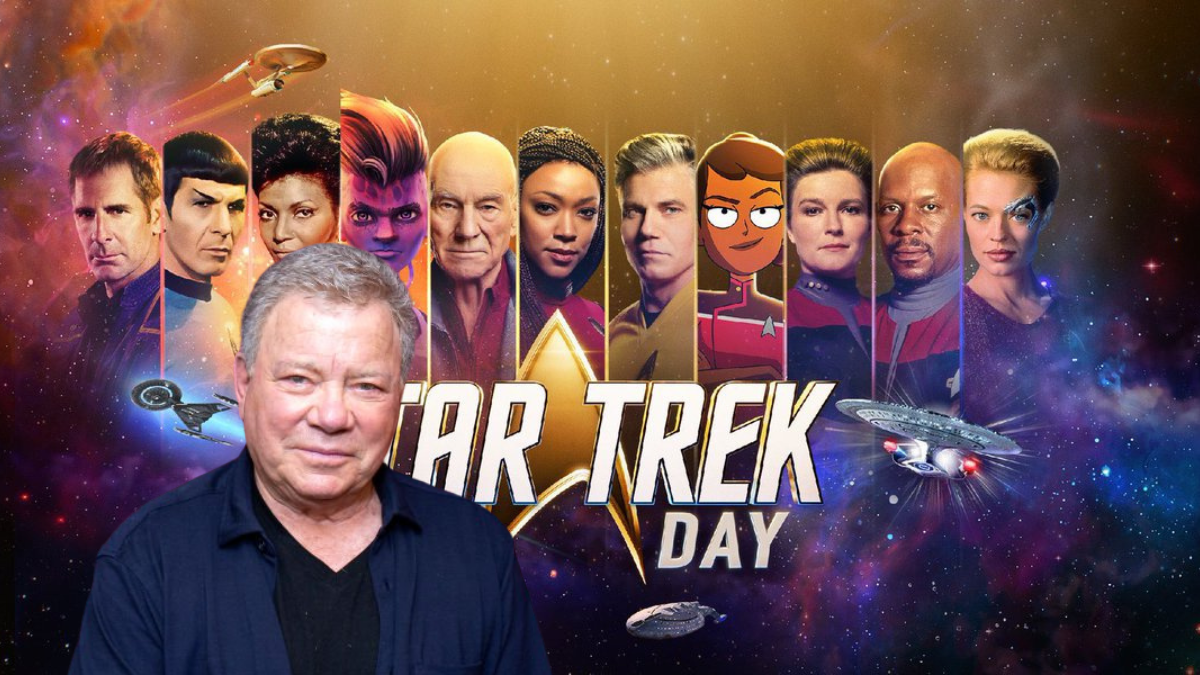William Shatner Eyes a Return to STAR TREK with the Help of De-Aging Technology

William Shatner as Captain Kirk in STAR TREK. Image: Paramount.
At 93, William Shatner, the legendary actor who famously portrayed Captain James T. Kirk in the original Star Trek series, is not just reminiscing about his past glories—he’s contemplating a return to the stars. In an interview with the Canadian Press, Shatner discussed the possibility of reprising his iconic role, albeit with a modern twist enabled by recent advances in de-aging technology.
"It’s an intriguing idea," Shatner revealed during a video call while promoting his new documentary You Can Call Me Bill. His enthusiasm for the potential return hinges on the quality of the role, emphasizing that it must be more than a mere cameo. "If there were a genuine reason for the character appearing, I might consider it," he stated, underlining the importance of substantive storytelling in such a comeback.
This openness to return to Star Trek is partly fueled by Shatner’s recent collaboration with Otoy, a company specializing in de-aging technology. He explained that the technology could allow him to portray a much younger Captain Kirk, thus overcoming the age barrier that might otherwise prevent his return to the physically demanding role.
Shatner humorously mused about a scenario where Captain Kirk is brought back to life through futuristic means: "‘We’ve got Captain Kirk’s brain frozen here. Let’s see if we can bring back a little bit of this, a little salt, a little pepper. Oh, look at that. Here comes Captain Kirk!’"
Shatner’s last appearance in the Star Trek franchise was in the 1994 film Star Trek Generations, where his character meets a heroic end. However, the actor suggests that the right storyline could effectively resurrect the beloved captain, lending a fresh perspective to the saga.
Beyond his potential return to Star Trek, Shatner’s life is as dynamic as ever. The actor recently traveled to space aboard Jeff Bezos’ Blue Origin shuttle, becoming the oldest person ever to do so—a real-life echo of his fictional voyages. He continues to engage with innovative projects, including several that sound like they are straight out of the Star Trek universe. One such endeavor involves a medical device reminiscent of the series' tricorder, compact enough to diagnose diseases from a device the size of a card deck.
Shatner’s reflections on aging are poignant and grounded in reality. Despite his age, he maintains a vibrant curiosity and a desire to innovate, rejecting the notion that wisdom necessarily comes with age.
Instead, he focuses on the urgency of living fully: "Life is so short, you’ve got to do something now. Go to that place, know that person, read that book now!"
Chris Post is a life-long fan of Star Trek who has been working in journalism for nearly 25 years.





